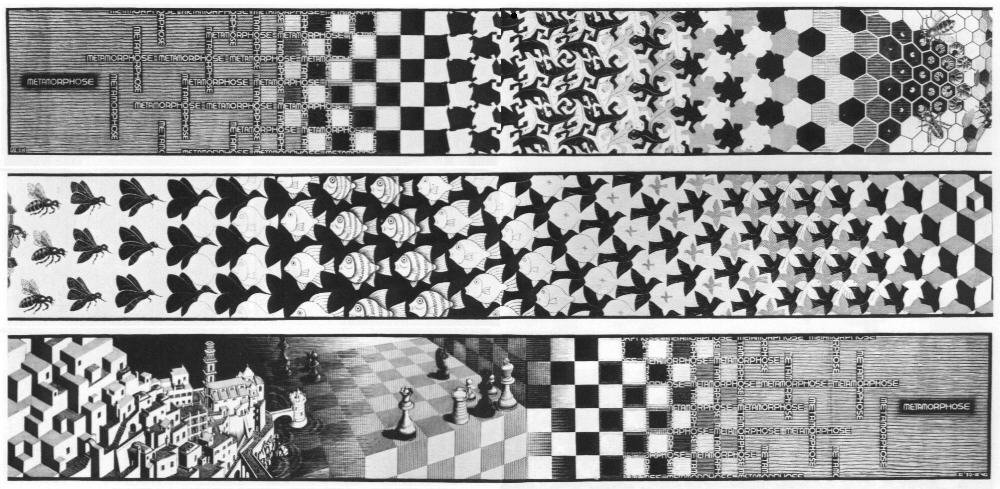In this post, I could talk about the complete extremity of the spectrum of belief, composed of people who unquestioningly and immediately believe 100% of what they are told. But I don't think it's practical to go that far, partially because I really hope there's not a soul on this planet that's like that. So this is how I will describe the extremely gullible:
1. Their first instinct, upon hearing new ideas/material, is to believe it.
2. They do nothing to suppress that instinct.
3. They require little to no proof to maintain their beliefs.
Even this is irrational to expect of someone, but I bet there's a few people floating around that fit this description. So why is it dangerous to have a knee-jerk belief response to new information? Besides making you an easy target for scammers, this habit disables you from determining what information is important and what is not. Truth is a stubborn thing, and absolute truth is going to stand up to any and all attempts to debunk it, even if it takes time. But grabbing on to whatever ideas are currently popular is a shaky strategy at best.
Truth is the best foundation upon which to live your life, because by definition, it doesn't change: "Truth is knowledge of things as they are, and as they were, and as they are to come" (Doctrine & Covenants 93:24). That's a good definition of truth whether you're religious or not. Fad fades. Trend dies. But truth is the thing that will not move; and if you know where you want to be and build on truth, you won't move either.
But I'm drifting off topic. The other form of gullibility I want to discuss is excessive trust in people. This I find much more tolerable, for this reason: in a perfect world, everybody should be trustworthy and dependable. Even if we fail, we should give our best to keep our promises to others. I believe this is part of what will make heaven heavenly: we will be part of a society in which we can put complete trust in everyone we interact with. But excessive trust in new information is risky regardless of morality, because often people are just wrong, despite their best intentions. Usually it's harmlessly wrong, but sometimes it's dangerously wrong.
In many ways, I look up to people who tend to trust those around them. They're looking for the good in people, and they live by the philosophy that everyone is motivated by the just and true. If they put themselves around the right people, their innocent trust probably won't get them into trouble. If they get unlucky, they might get hurt, and they might learn to doubt others' intentions. But I'd rather be somebody who trusts too much than trusts too little. People who trust no one miss out on too much. For lack of a better ending, here's one by Ernest Hemingway:
"The best way to find out if you can trust somebody is to trust them."

No comments:
Post a Comment